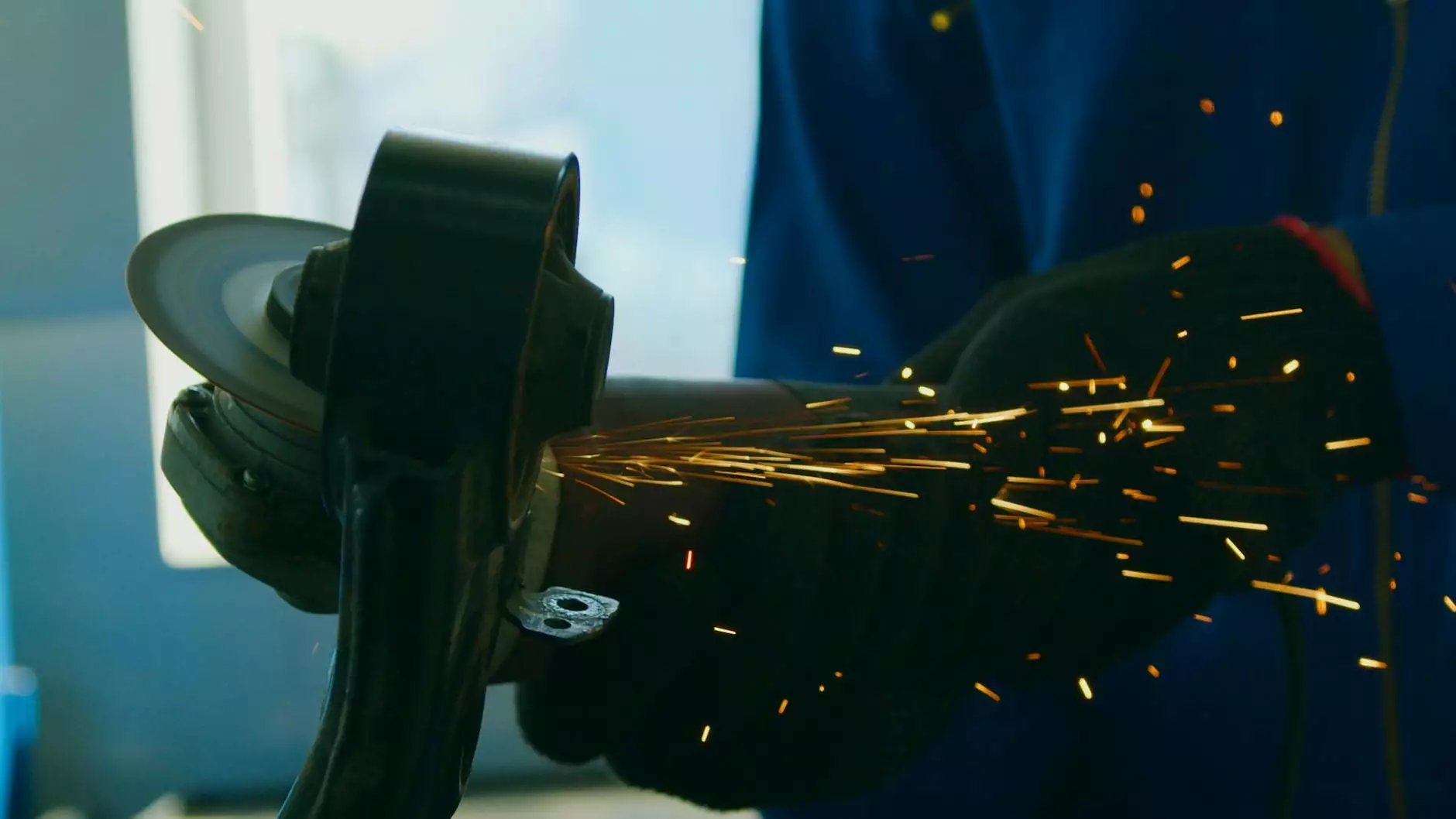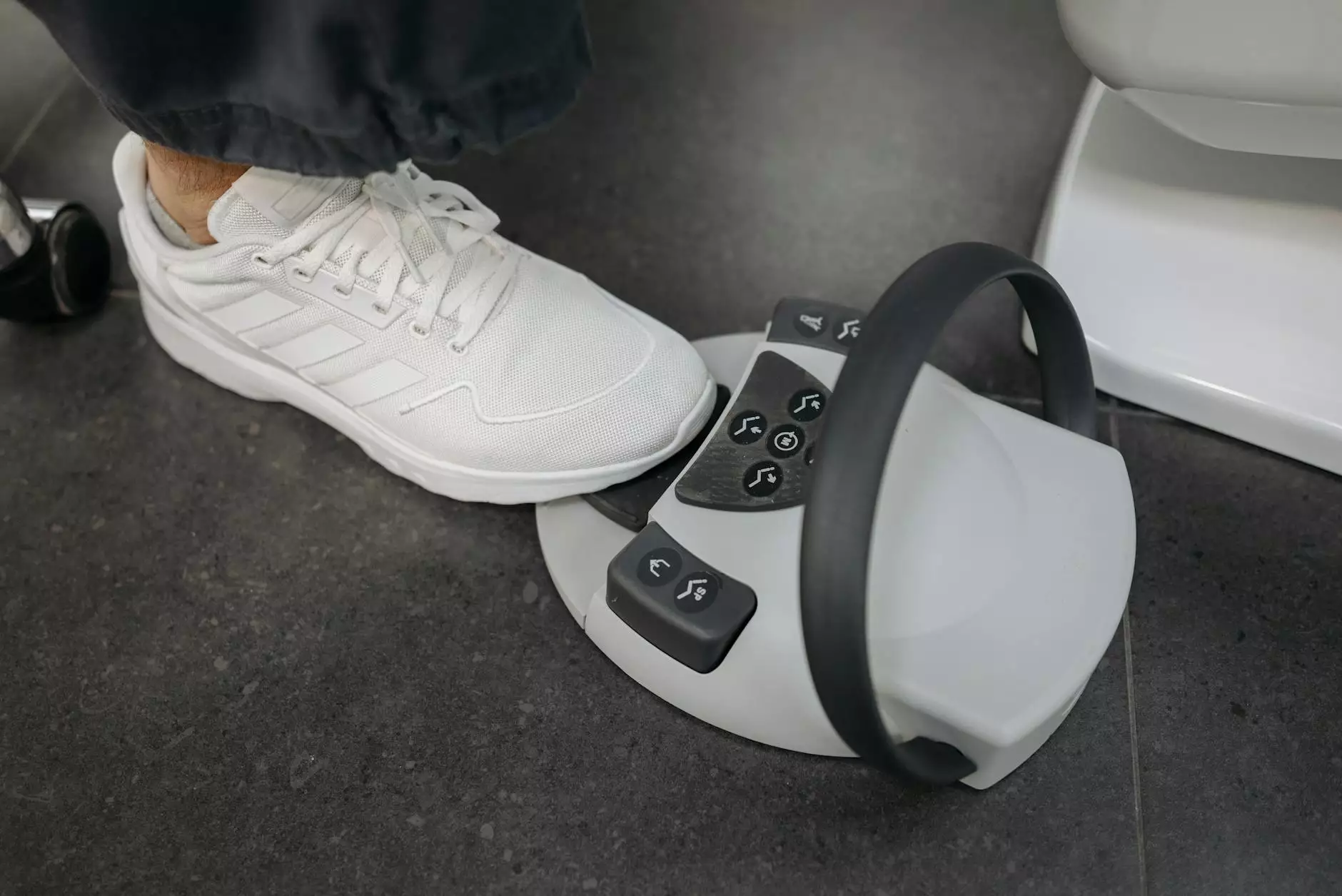The Importance of the Transmission Control Unit (TCU) in Modern Automotive Systems

The Transmission Control Unit (TCU) is an integral component in the realm of automotive technology, playing a crucial role in the operation of vehicles equipped with automatic transmissions. As vehicles become increasingly sophisticated, understanding how the TCU functions can help vehicle owners and enthusiasts appreciate the technology that powers their driving experience.
What is a Transmission Control Unit (TCU)?
The Transmission Control Unit (TCU) is a computer that manages the performance of the vehicle's transmission system. It is responsible for controlling various functions, such as shifting gears, optimizing fuel efficiency, and enhancing overall vehicle performance. The TCU works in conjunction with other electronic control units (ECUs) within the vehicle, including the Engine Control Unit (ECU), to ensure smooth operation and integration of various systems.
Key Functions of the TCU
The TCU performs multiple essential functions that are vital for the efficient operation of a vehicle's transmission system:
- Gear Shifting: The TCU determines the appropriate timing for gear shifts based on factors like speed, throttle position, and engine load.
- Vehicle Performance Optimization: It adjusts shifting patterns to optimize performance under different driving conditions, enhancing both power delivery and fuel efficiency.
- Diagnostics: The TCU monitors performance metrics and can identify issues within the transmission system, providing diagnostic trouble codes (DTCs) that can be accessed with diagnostic tools.
- Adapting to Driving Styles: Advanced TCUs have adaptive learning capabilities, which allow them to adjust transmission behavior according to the driver's habits.
The Components of a TCU
A typical Transmission Control Unit (TCU) consists of several components that work together to provide optimal transmission performance:
- Processor: The brain of the TCU, which analyses data and makes decisions regarding gear shifts and other functions.
- Sensors: Various sensors collect real-time data on speed, temperature, and other vital metrics.
- Actuators: These components execute the commands dictated by the TCU, such as shifting gears or applying torque converter locks.
- Wiring and Connectors: Ensures robust communication between the TCU and other vehicle systems.
How the TCU Enhances Fuel Efficiency
Fuel efficiency is a top concern for both manufacturers and consumers in today’s automotive market. The TCU plays a significant role in achieving better fuel economy by:
- Optimized Shift Patterns: The TCU helps maintain the vehicle in the optimal power band, which minimizes fuel consumption while maximizing power output.
- Adaptive Learning: By learning from the driver’s habits, the TCU can make real-time adjustments to improve efficiency based on driving conditions.
- Torque Management: It effectively manages the torque application during acceleration and deceleration, contributing to smoother transitions and reduced fuel waste.
Common Issues with Transmission Control Units
While the Transmission Control Unit (TCU) is a highly reliable component, it can face challenges that may lead to vehicle performance issues. Common problems include:
- Faulty Sensors: Malfunctioning sensors can send incorrect data to the TCU, leading to improper gear shifting.
- Electrical Issues: Wiring problems or bad connections can interfere with the TCU's functionality.
- Software Glitches: Outdated or faulty software might result in erratic transmission behavior.
Diagnosing TCU Problems
If you suspect that your vehicle’s Transmission Control Unit (TCU) is malfunctioning, it is crucial to diagnose the issue promptly. Here are the steps typically involved in diagnosing TCU-related problems:
- Check for Diagnostic Trouble Codes (DTCs): Use an OBD-II scanner to check for any codes related to the transmission system.
- Inspect Electrical Connections: Look for any loose or corroded connections and rectify them as needed.
- Test Sensors: Verify the accuracy of the sensors feeding data to the TCU.
- Software Update: Ensure that the vehicle's software is up to date, as manufacturers often release updates to improve performance and fix known issues.
Upgrading or Replacing Your TCU
In some cases, upgrading or replacing the Transmission Control Unit (TCU) can significantly enhance vehicle performance. Here are some considerations when contemplating such actions:
- Manufacturer Specifications: Always ensure that the replacement TCU meets the manufacturer’s specifications for compatibility.
- Aftermarket Options: There are aftermarket TCUs available that can provide performance enhancements and advanced features for racing or high-performance vehicles.
- Professional Installation: It is recommended to have a qualified technician install the TCU to avoid potential issues related to incorrect installation.
The Future of Transmission Control Units
The automotive industry is continuously evolving, with future advancements likely to bring even greater sophistication to the Transmission Control Unit (TCU). Innovations on the horizon include:
- AI Integration: Future TCUs may integrate artificial intelligence for even better adaptive learning capabilities, allowing for dynamic adjustments based on real-time driving conditions.
- Vehicle-to-Everything (V2X) Communication: This technology could allow TCUs to communicate with other vehicles and infrastructure, optimizing transmission behavior for traffic conditions.
- Enhanced Diagnostics: Future TCUs could improve self-diagnostic abilities, enabling them to perform real-time self-checks and predictive maintenance alerts.
Conclusion
The Transmission Control Unit (TCU) is a critical element that significantly influences vehicle performance, efficiency, and drivability. Understanding its role, functions, and potential issues can empower vehicle owners to maintain their cars better and make informed decisions regarding repairs and upgrades. As the automotive landscape transforms, TCUs will undoubtedly evolve, offering more advanced features and enhancing the overall driving experience.
For quality auto parts and supplies, including Transmission Control Units (TCUs), visit Shenghai Auto Parts. With a commitment to excellence in automotive components, you can ensure your vehicle remains in peak condition.









